AMONG US UNBLOCKED - A Portal Born From Boredom
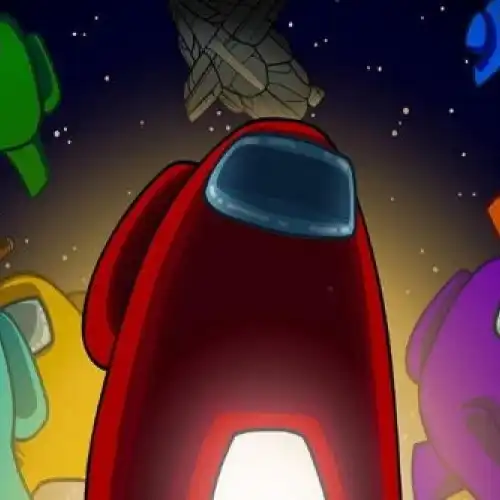
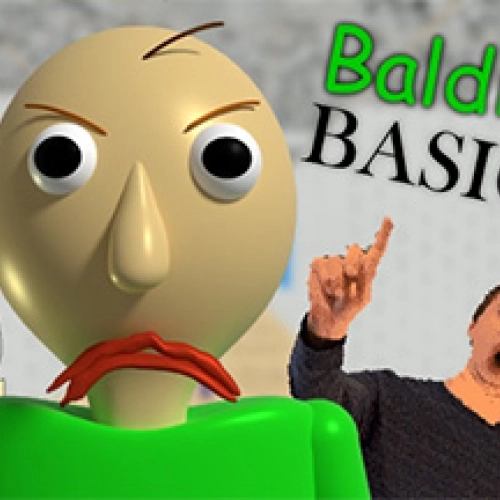
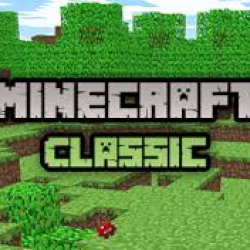
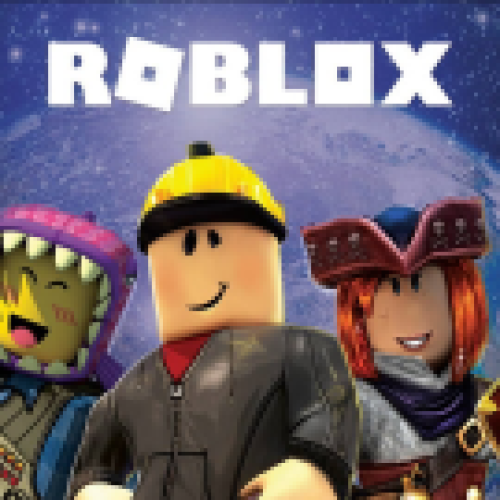




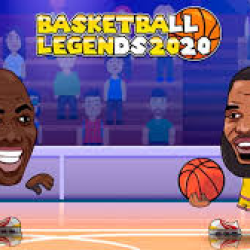


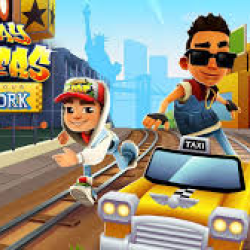
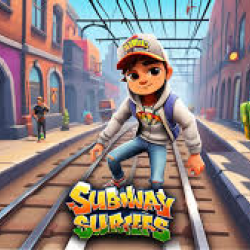
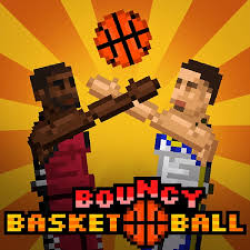
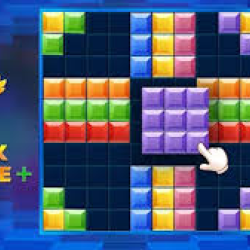
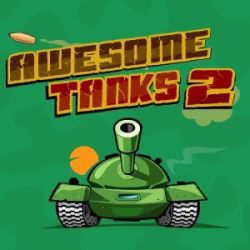


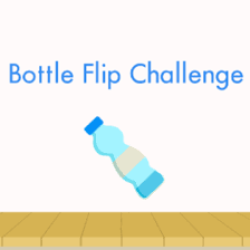

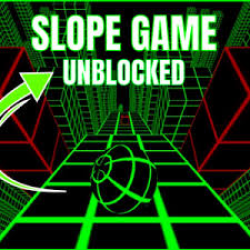


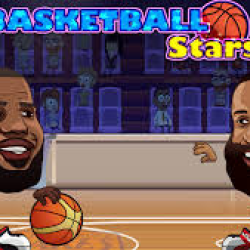







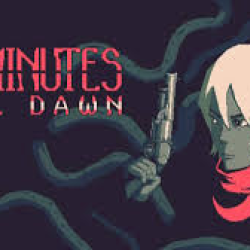


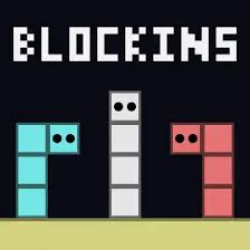

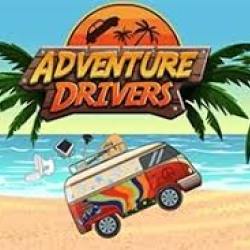
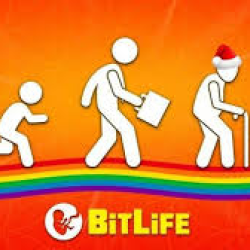


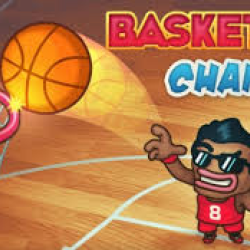

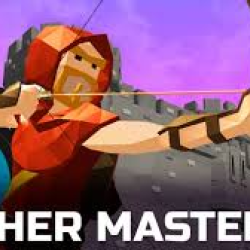

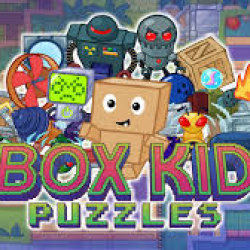

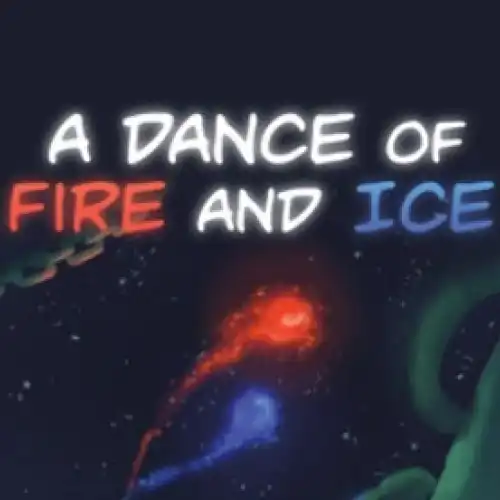


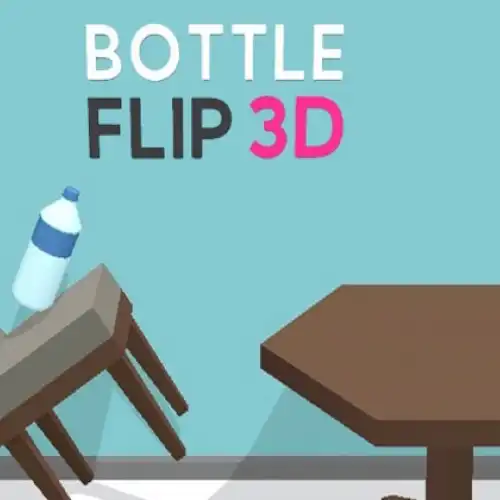


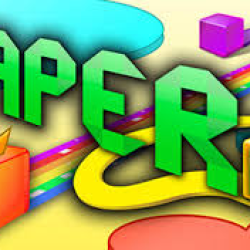

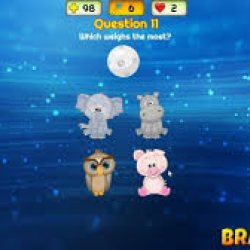
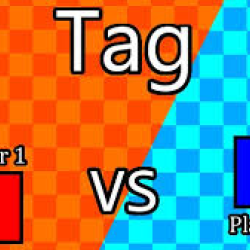
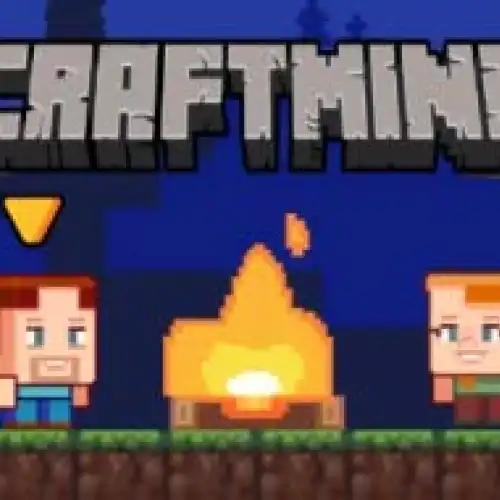
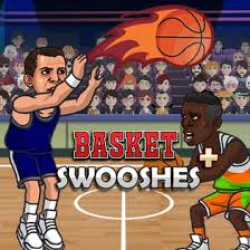
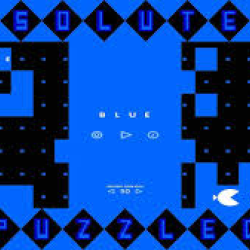

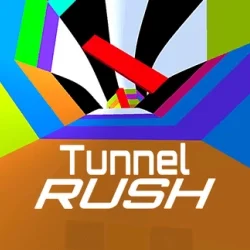

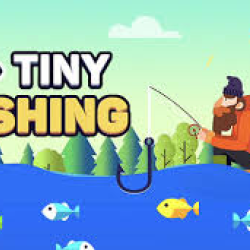


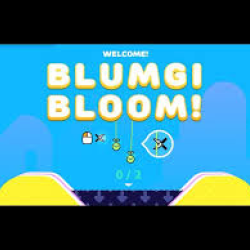

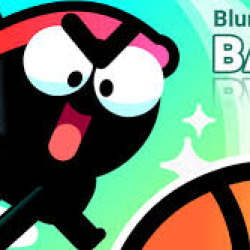

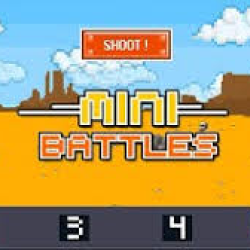
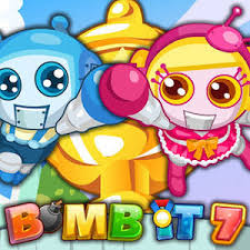


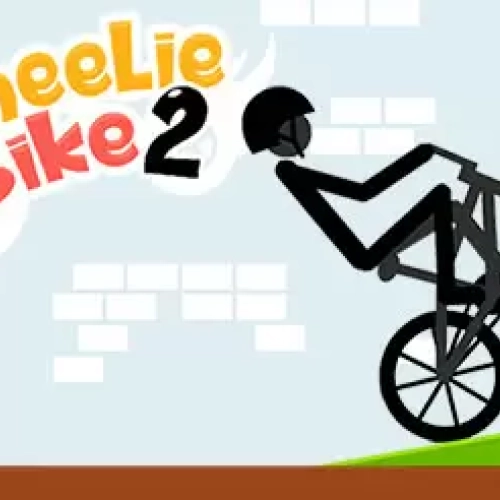
Remember back in 2020 when everyone and their grandma was suddenly playing Among Us? It was the middle of the pandemic, everyone was stuck inside, and somehow this little indie game about crewmates and impostors became the thing to do. Streamers were playing it nonstop, YouTubers were pumping out highlight clips, and suddenly we were all accusing our best friends of being “sus.”
What’s funny is that Among Us wasn’t even a new game at the time—it had actually been released way back in 2018 by a tiny team called InnerSloth. For two years, barely anyone cared. Then, out of nowhere, it blew up. At its peak, it had half a billion players in one month (yep, billion with a “B,” according to Statista). Politicians even got in on the fun—AOC played live on Twitch to encourage people to vote. Pretty wild for a game that started out as a small side project.
These days, the hype has calmed down a bit, but the game hasn’t gone away. In fact, it’s found a second life through something a lot of students (and maybe a few bored employees) know very well: unblocked games. If you’ve ever been at school or work with nothing better to do, you’ve probably seen sites like amongusunblocked.com floating around. They let you play right in your browser, no downloads, no app stores, and—most importantly—no firewalls stopping you.
And honestly? That kind of sneaky, “I probably shouldn’t be doing this” vibe fits the game perfectly. Among Us is literally about deception and bending the rules, so playing it behind a school firewall almost feels… right.
Of course, there’s a catch. Not every unblocked site is safe. Some are spammy, some throw a ton of ads at you, and yeah—there are copyright issues since most of these versions aren’t official. But that hasn’t stopped people. Just like Napster and LimeWire changed how we listened to music (legally or not), unblocked games are changing how people sneak in entertainment when they’re supposed to be “productive.”
And it’s not just nostalgia keeping it alive. Among Us still feels relevant today because of what it represents. The whole game is about trust, suspicion, persuasion… basically the same stuff that plays out in classrooms, offices, and even politics. It’s simple, it’s social, and it works whether you’re with friends in a Discord call or sitting in a computer lab trying not to get caught.
Streamers and influencers also played a huge role in keeping it in the spotlight. PewDiePie, Ninja, Valkyrae—you name it, they all had their Among Us moments. That influence trickled down fast: from Twitch streams with millions of viewers all the way to a kid playing it in a hidden browser tab during math class.
The gaming industry has noticed too. More developers are making sure their games run in browsers, no downloads needed. Platforms like now.gg even let you stream games like Among Us legally in a browser, which is basically the best of both worlds.
At the end of the day, Among Us unblocked isn’t just about sneaking in a quick game when the teacher’s back is turned. It’s about how gaming adapts to fit our lives. Whether you see it as a fun distraction, a cultural phenomenon, or just an excuse to argue with your friends, there’s no denying it’s left a mark.
Those little crewmates may look harmless, but they’ve taught us a few big lessons: sometimes the simplest games make the biggest impact, sometimes the “illegal” versions are the most fun, and sometimes… your best friend really is the impostor.